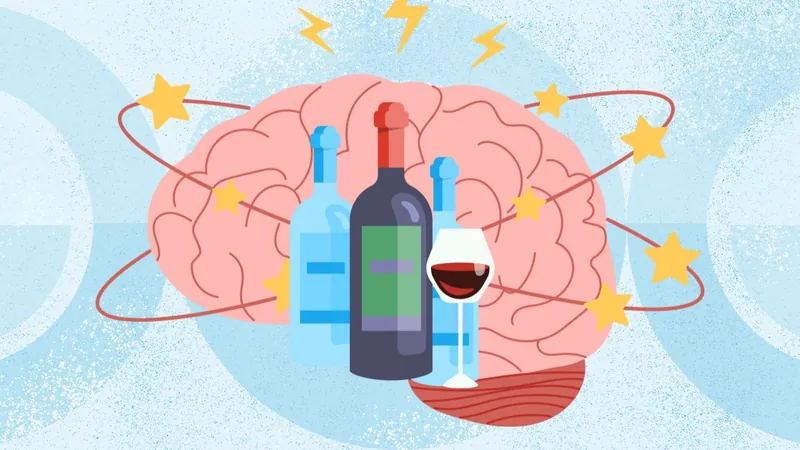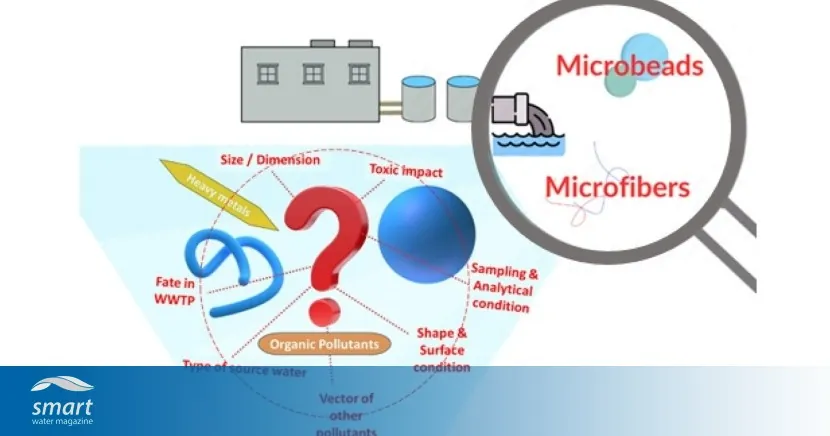
Moderate to Heavy Drinking Linked to Brain Damage and Dementia Risks
2025-04-10
Author: Siti
The Alarming Truth About Alcohol and Brain Health
Groundbreaking research has shattered the myth that moderate drinking is harmless. A recent study in the journal *Neurology* reveals that consuming eight or more alcoholic drinks per week significantly increases the risk of developing brain lesions—damaging areas often associated with dementia. Even those who indulge in seven or fewer drinks still face higher risks compared to nondrinkers.
What the Study Reveals: Heavy Drinkers Face Stark Risks
Lead researcher Dr. Alberto Fernando Oliveira Justo from the University of São Paulo Medical School emphasizes the urgent need for alcohol awareness. His team's examination of brain tissue from over 1,700 autopsies revealed disturbing findings: heavy drinkers are 133% more likely to show signs of brain damage compared to non-drinkers.
The Hidden Dangers: Tau Tangles and Vascular Issues
The study looked for various indicators of brain injury, including tau tangles, which are linked to Alzheimer's disease, and hyaline arteriolosclerosis—an affliction that stifles blood flow and promotes brain lesions. The implications? Heavy drinkers are more susceptible to these serious health issues.
Redefining Heavy Drinking: A Closer Look at Alcohol Consumption
While this study defines heavy drinking as eight or more drinks per week, many Americans exceed this threshold significantly. The National Institute on Alcohol Abuse and Alcoholism identifies heavy drinking as more than 15 drinks per week for men and over 8 for women. Alarmingly, about 24 million Americans report consuming a staggering average of 74 drinks weekly.
Cognitive Impacts: Are You Aware of Your Drinking Habits?
Dr. Mollie Monnig of Brown University calls these findings a pivotal step in understanding alcohol's impact on brain health. Although the study is observational and does not establish direct causality, it highlights concerning correlations that should not be overlooked.
Practical Tips for a Healthier Relationship with Alcohol
Dr. Christopher Kahler offers proactive strategies to reevaluate drinking habits. Simple actions, like tracking daily intake or participating in alcohol-free challenges, can yield profound benefits for both mental and physical health. Knowing when your drinking may become problematic is essential for safeguarding your cognitive wellbeing.
Final Thoughts: Rethink Your Drinking Choices
As the evidence mounts, it’s clear: no amount of alcohol is truly safe for your brain health. By being mindful of your consumption and the hidden risks associated with drinking, you can take meaningful steps towards a healthier future.





 Brasil (PT)
Brasil (PT)
 Canada (EN)
Canada (EN)
 Chile (ES)
Chile (ES)
 Česko (CS)
Česko (CS)
 대한민국 (KO)
대한민국 (KO)
 España (ES)
España (ES)
 France (FR)
France (FR)
 Hong Kong (EN)
Hong Kong (EN)
 Italia (IT)
Italia (IT)
 日本 (JA)
日本 (JA)
 Magyarország (HU)
Magyarország (HU)
 Norge (NO)
Norge (NO)
 Polska (PL)
Polska (PL)
 Schweiz (DE)
Schweiz (DE)
 Singapore (EN)
Singapore (EN)
 Sverige (SV)
Sverige (SV)
 Suomi (FI)
Suomi (FI)
 Türkiye (TR)
Türkiye (TR)
 الإمارات العربية المتحدة (AR)
الإمارات العربية المتحدة (AR)